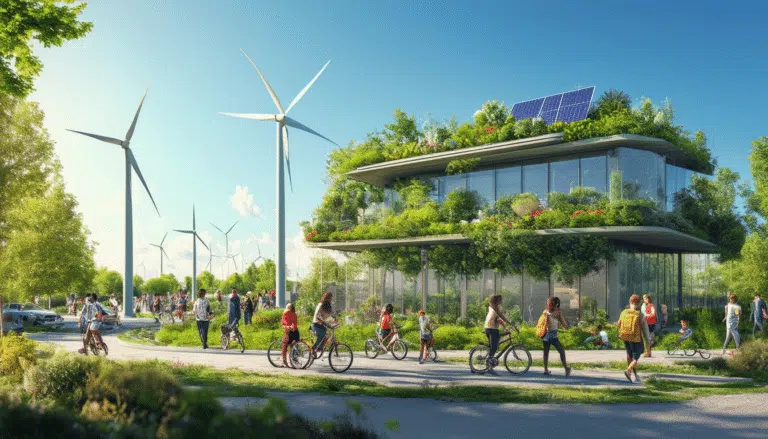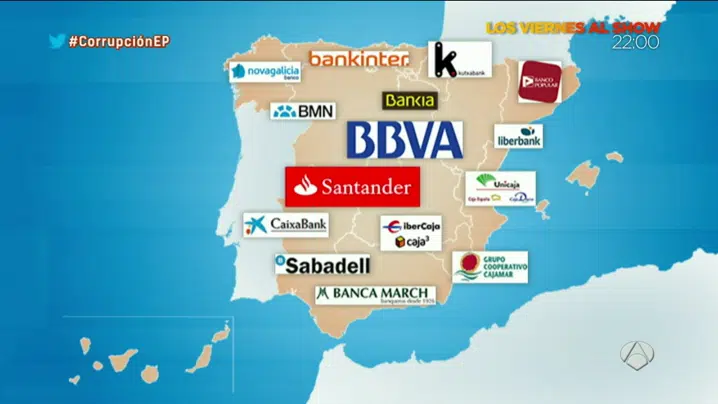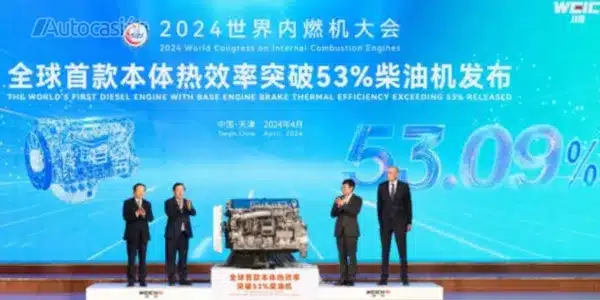Rivian: Rescued at the last moment before Trump’s arrival
The story of Rivian is a fascinating journey in the world of electric mobility that was marked by an unexpected twist. After significant surprises and an unexpected announcement, the American company found itself on a tightrope just before Donald Trump took office. With a crucial loan approved by the outgoing administration, Rivian managed a momentary relief in a challenging environment, facing an uncertain future amid the vicissitudes of American energy policies.
The automotive landscape has undergone an impressive transformation in the past year, marking a shift towards sustainability and electrification. In this context, Rivian, one of the most promising startups in the electric vehicle sector, achieved significant breathing room thanks to a crucial loan approved just before Donald Trump took office. This scenario raises questions about the future of electric mobility and the governmental support that emerging companies will receive under a new administration.
Recent announcements from Rivian
Last year, Rivian surprised the industry with major announcements that defined its future. Among them, the launch of the Rivian R3 and an ambitious expansion plan in partnership with Volkswagen stood out. This agreement not only signals the confidence of big players in the startup but also their considerable investment in building a new factory in Georgia, expected to be operational by late 2026 or early 2027.
The role of government in Rivian’s future
Rivian will have a substantial investment from Volkswagen and a capital injection of up to 6.6 billion dollars through a loan offered by the Biden administration. This support is aimed at the development and construction of a facility that will cover 2.74 million square meters and will be key to increasing its production capacity.
Challenges under the new administration
Despite this financial boost, Trump’s arrival as the 47th president of the U.S. raises concerns about Rivian’s future and that of other electric vehicle firms. His administration has expressed intentions to eliminate state aids benefiting electric cars, which could negatively impact the company’s development in a constantly changing market.
Trump’s energy policies
The energy policy of the new administration seeks to simplify processes to unleash what they consider “American energy,” reversing the climate policies implemented by the previous administration. This implies that Rivian, among others, will have to navigate an environment where state backing may be limited, putting its growth and operations at risk.
Impact on the automotive sector
Trump has also expressed his intention to withdraw from the Paris Agreement, which could mean a setback in climate commitments and a departure from regulations prioritizing sustainability. This change in policy could transform the manufacturing and vehicle sales ecosystem, forcing Rivian to seek new strategies to adapt to the situation.
Volkswagen’s response
However, the news is not entirely negative. Volkswagen remains firm in its desire to strengthen its collaboration with Rivian, seeking to innovate through technology sharing and purchasing volumes. This synergy is crucial to allow both companies to benefit mutually, with Rivian contributing its electronic architecture to Volkswagen’s future models.
Future prospects
As the automotive sector adapts to these changing dynamics, Rivian finds itself at a crossroads. The true future of electric mobility may depend on its ability to leverage these alliances and navigate a political environment that presents both opportunities and challenges. Hope rests on its ability to maintain momentum and innovation despite the political turbulence ahead.
For more information about Rivian’s role in the automotive industry and its collaboration with major brands like Volkswagen, you can check additional articles about Volkswagen’s investment and American electric vehicles. Additionally, the decline in electric car sales offers an interesting perspective that deserves consideration in this context, while Ford is also taking steps to correct its mistakes in an increasingly competitive market.
The future of Rivian has been marked by significant challenges since its inception in the electric automotive sector. With an innovative proposal and a focus on sustainability, Rivian has struggled to define its place in a highly competitive market dominated by giants like Tesla and Ford. However, the recent loan granted by the United States government, amounting to 6.6 billion dollars, represents a crucial lifeline, especially just before Trump took office.
This capital injection not only provides the financial security needed for Rivian’s expansion but also strengthens its strategic alliance with Volkswagen. This partnership promises to boost the production of new models, such as the Rivian R2 and R3, as well as integrate its electronic architecture into future vehicles of the Volkswagen Group, which will increase Rivian’s competitiveness globally. The new manufacturing plant planned in Georgia, expected to be operational by 2026 or 2027, is further testament to Rivian’s ambition to stay at the forefront of the electric mobility industry.
However, the shadow of Trump’s policies continues to threaten the electric vehicle ecosystem in the country. With the promise to eliminate subsidies and state aids, Rivian must navigate an uncertain political environment that could affect its access to resources and financial support in the future. Still, the backing from the Biden administration has been crucial in ensuring the company’s stability during this critical moment.
In summary, although Rivian has secured a vital rescue just before the Trump era, the coming years will be a true test of resilience and innovation for the company in its mission to revolutionize sustainable transport.




